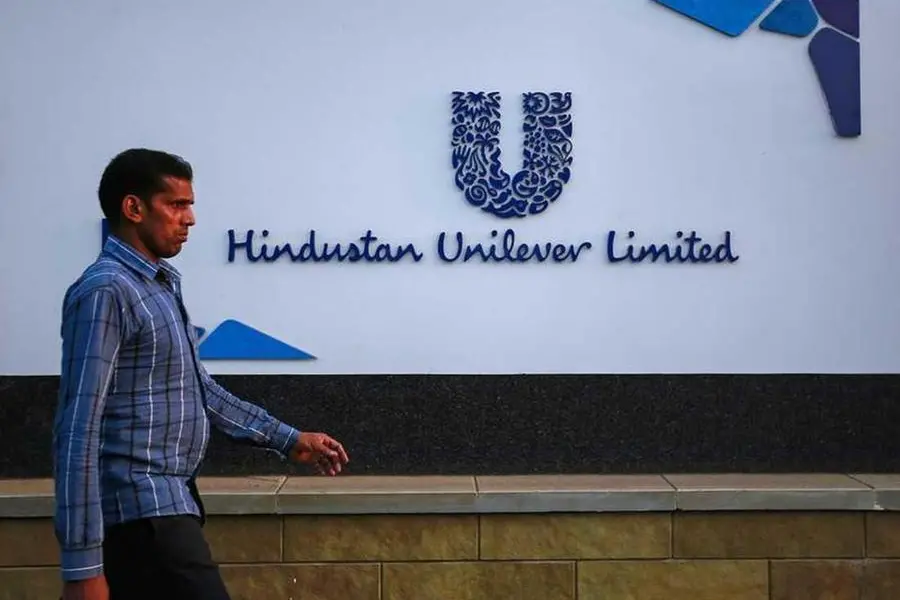PHOTO
LONDON - Unilever plans to roll out refrigeration trailers powered by batteries rather than diesel across the European Union in the second half of 2023, as the consumer goods giant looks to cut emissions and energy costs.
The British company, a major seller of ice cream, is targeting net zero emissions by 2039, and soaring gas and diesel prices are providing an added reason to try to reduce their use.
"We want to take as much cost out of the system as possible," company veteran Matt Close, president of ice cream, said. Unilever makes Ben & Jerry's, Walls and Cornetto ice creams.
"Not running those trailers with diesel to keep the food cold will be significant if we can roll out at scale."
Energy is Unilever's multibillion-euro ice cream business' biggest cost, Close said, adding the price of energy was too volatile right now to estimate potential savings.
"What we're looking for is that intersection where you can commercialise sustainability and that's what Alan (Jope, Unilever's CEO) talks about a lot," Close said.
"The idea that we can continue on our drive to get to net zero by 2039 - and do it in a commercially efficient way - is really the sweet spot for Unilever."
Earlier this year, the company ended a nine-month pilot in the Netherlands to test temperature-controlled transport, replacing diesel refrigeration in four trailers with zero-emission battery-electric prototypes.
The system - which keeps freight chilled at temperatures down to -25°C (77°F) – was tested to run entirely on renewable electricity.
If successful, it could save up to 25 tonnes of carbon dioxide per trailer annually, with air quality benefits for each vehicle equivalent to taking 70 passenger cars off the road for a year, the company said.
(Reporting by Richa Naidu Editing by Mark Potter)





















